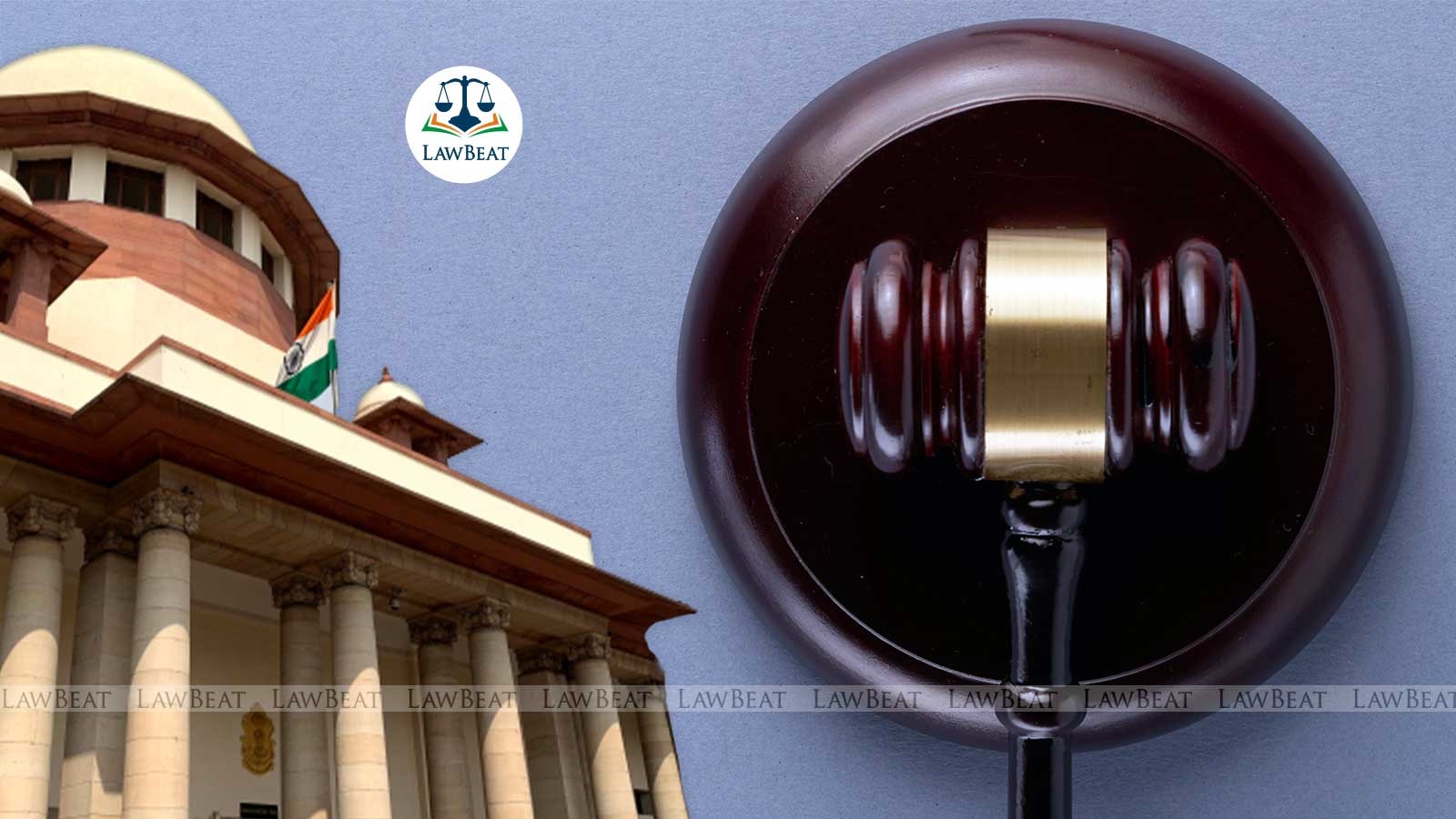Common Order in Separate Cases Vitiates Trial: SC Sets Aside Madras HC Order, Directs Separate Trial

The court emphasised that, despite the same parties being involved, the complaints, evidence, and judgments in each case were distinct and required individual consideration
The Supreme Court, in a recent verdict, has set aside a common order passed by the Madras High Court (HC) in two criminal revision petitions, holding that the High Court should have dealt with each case separately as passing a common order for two distinct and separate cases vitiates the trial in both the cases.
The bench, comprising Justice B.V. Nagarathna and Justice N. Kotiswar Singh, directed the High Court to reconsider the petitions independently and pass distinct orders, as the original complaints and trials were separate. “We find that the approach adopted by the High Court in passing a common order in the revisions is not in accordance with law and just and proper. The reason being, the evidence of each case has to be considered separately in light of the facts of the said case and accordingly on an independent application of mind on each case, the revisions ought to have been disposed of. Passing of a common order in the revisions as in the instant case therefore vitiates the entire proceedings, as such, in both the cases,” the court stated.
The court made the observation while hearing a case wherein the appellant, had been convicted in two separate complaints filed under Section 200 of the Code of Criminal Procedure (CrPC) and Section 138 of the Negotiable Instruments Act, approached the Supreme Court after the Madras High Court combined the two criminal revision petitions (Crl.R.C. Nos. 1065 and 1066 of 2023) and passed a single order disposing of both.
Notably, the original complaints were tried separately, leading to two distinct convictions and judgments by the Metropolitan Magistrate, Fast Track Court-V, Saidapet, Chennai. Upon appeal, the XXII Additional City Civil Judge, Chennai, also delivered two separate judgments on August 25, 2022, affirming the convictions. Aggrieved, the appellant filed two revision petitions before the High Court, which consolidated the cases and issued a single order, prompting the appellant to seek redress from the Supreme Court.
Senior Advocate A. Sirajudeen, appearing for the appellant contended that the High Court's approach of issuing a common order in two distinct cases was flawed. The appellant argued that, as the trials were conducted separately, the evidence and judgments should have been considered independently, citing the Supreme Court's rulings in A.T. Mydeen v. Assistant Commissioner, Customs and Nathi Lal v. State of U.P..
Contrarily, the respondent's counsel, Advocate G Ananda Selvam, argued that a remand would serve no purpose since the appellant had been convicted by both the trial and appellate courts in separate judgments, contending that the common order had not prejudiced the appellant’s case.
The Supreme Court, however, sided with the appellant, ruling that the High Court erred by not considering the cases separately. The court noted : “The High Court ought to have considered those revision petitions separately and pass separate orders. No doubt, the parties may have been the same. However, complaints filed under Section 200 of the CrPC were distinct and different, the trials were separate and there were two different judgments of conviction and orders of sentence against the accused-appellant herein, followed by two separate judgments of the appellate court.”
The court highlighted that combining decisions in separate trials can lead to errors, as each trial must be judged on its own merits. The court found that the High Court's common order was not in line with established legal procedure, thereby vitiating the trial process.
As a result, the High Court’s common order was set aside and the matter was remanded with a direction to the HC to to pass separate orders for each revision petition.
Cause Title: N. SUNDRAM @ RAMALINGAM v P. RAJASEKARAN [SLP (Crl) Nos.267-270/2024]
